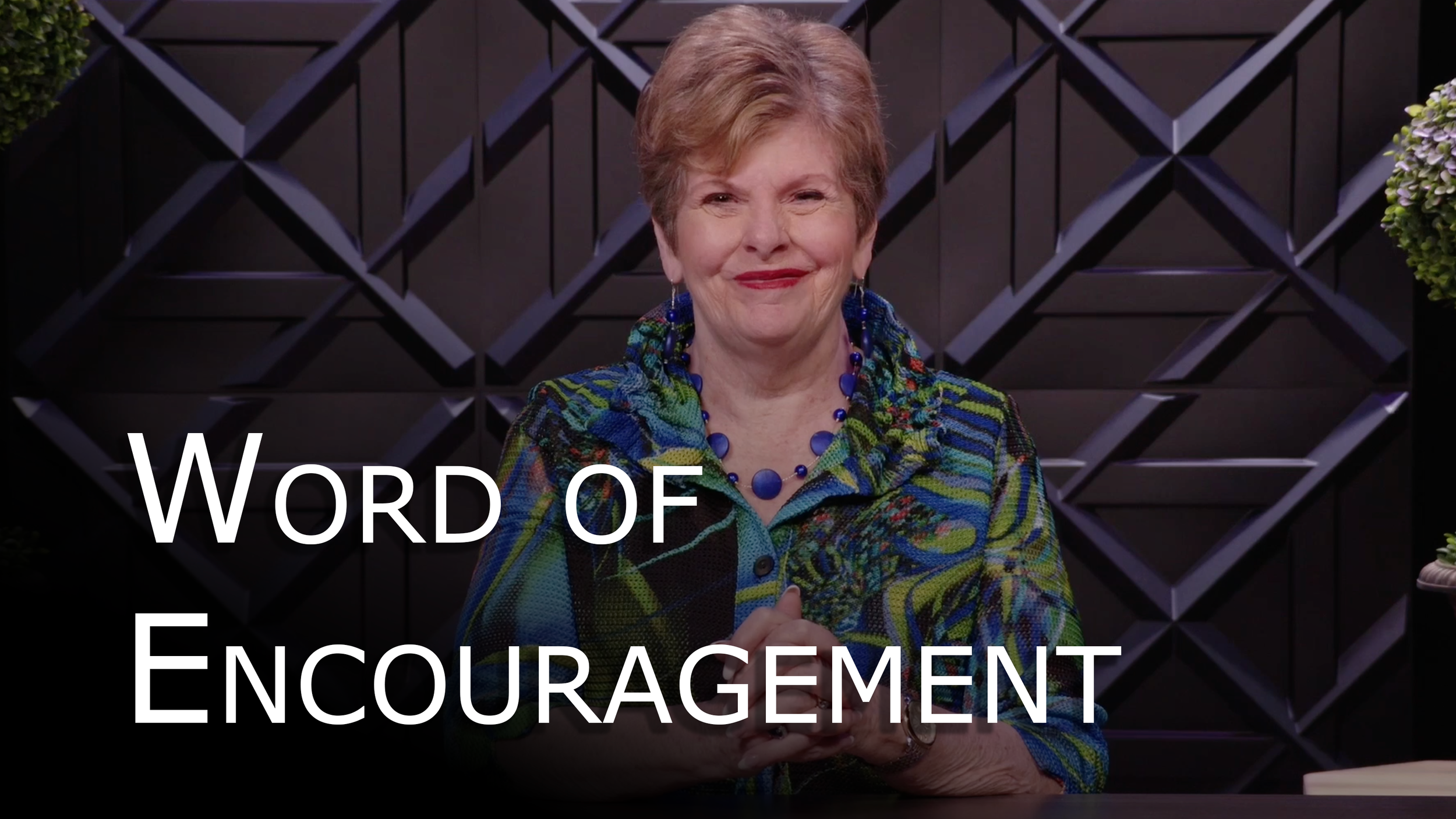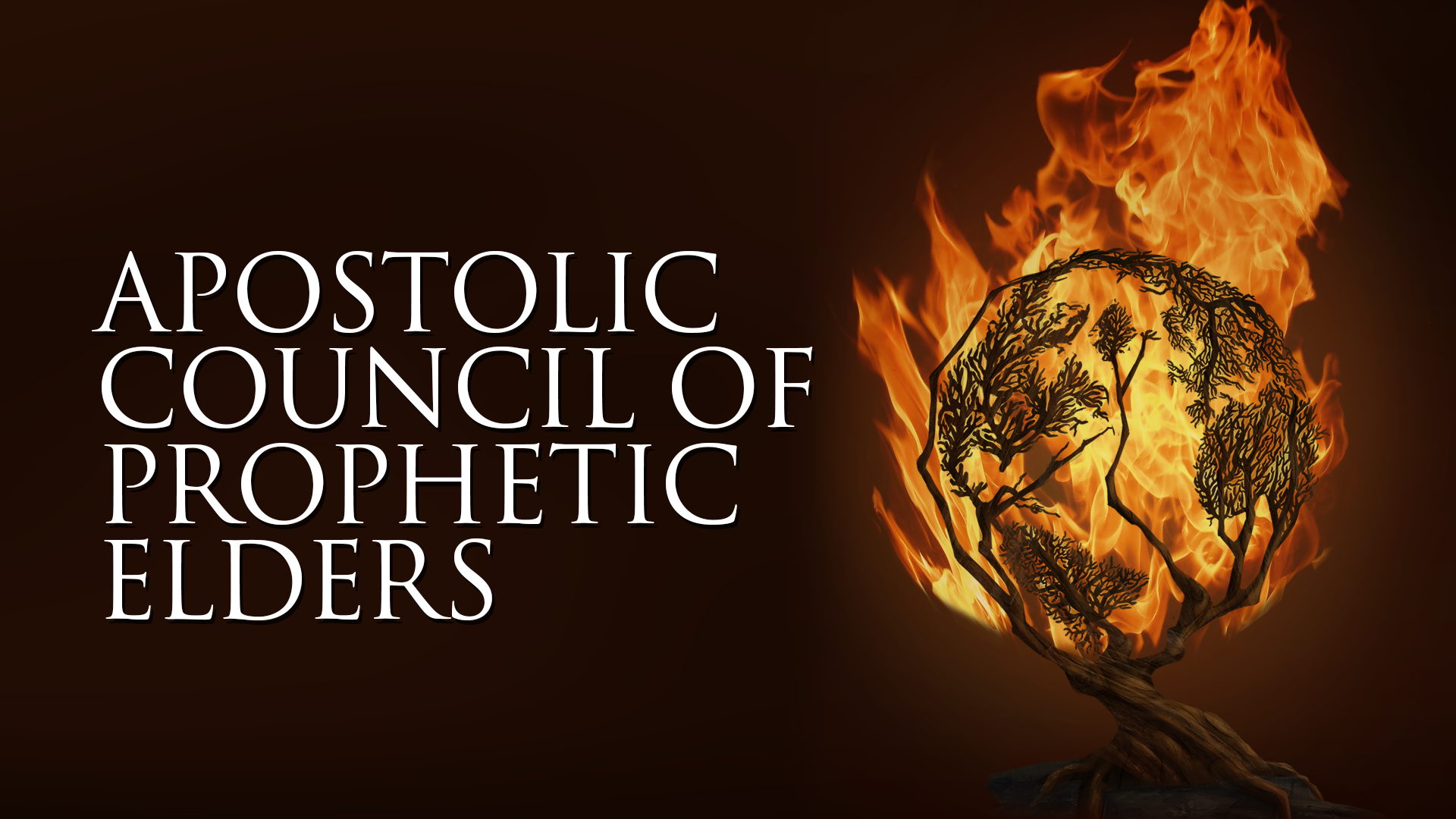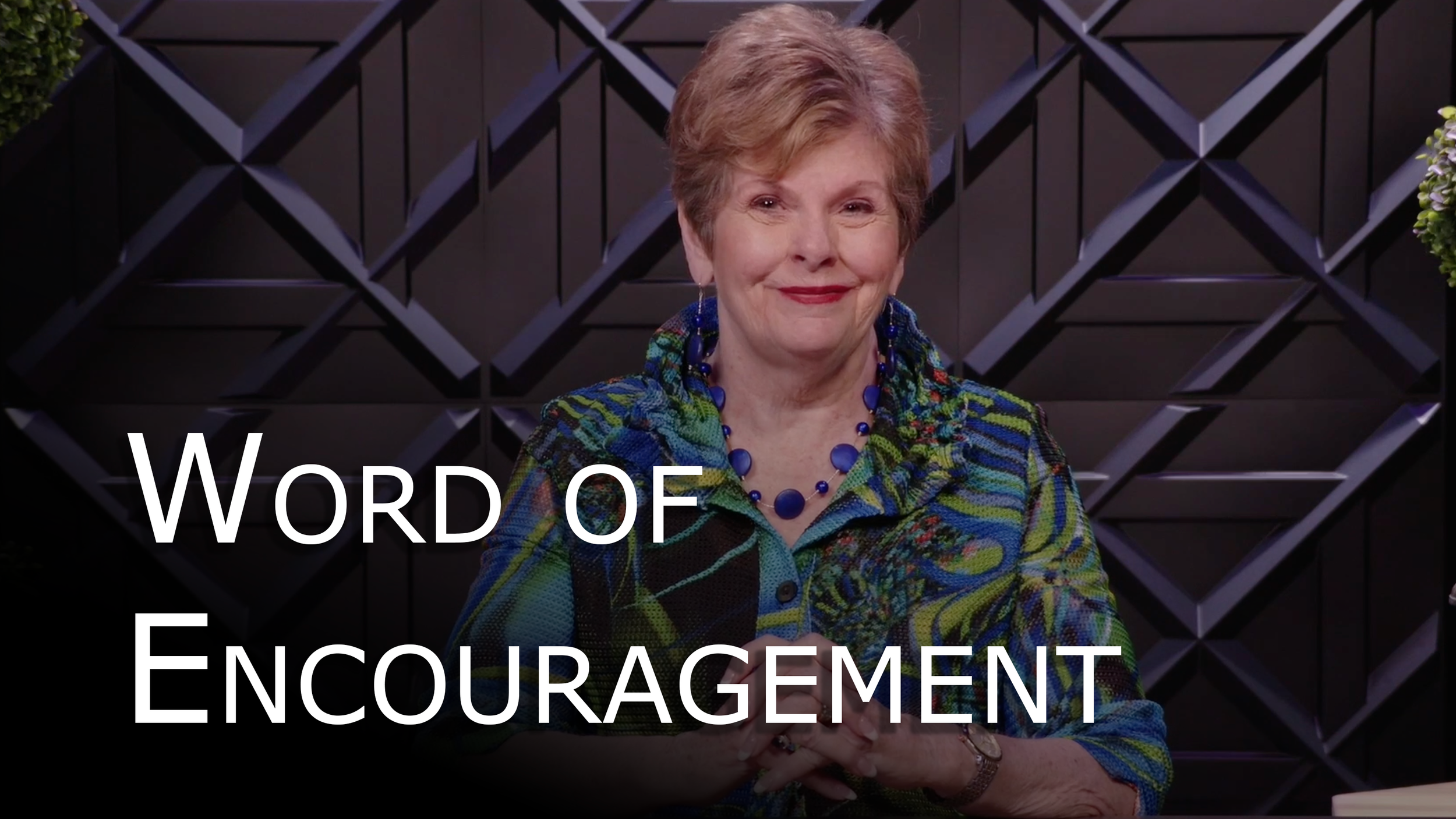Do You Know Why Fivefold Ministry is Essential?
“And He Himself gave some to be apostles, some prophets, some evangelists, and some pastors and teachers.” (Eph. 4:11)
Recently, good friends of ours who pastored a local church were divorced and left their position. The pressures and demands of ministry simply became too much for this couple to handle.
Our friends are not alone. Lately, I’ve encountered some sobering statistics:
- 1800 pastors leave the ministry every month.
- 40% of pastors will not be in ministry in ten years.
- 50% of pastors feel unable to meet the needs of the job.1
- 80% believe that pastoral ministry negatively affects their families.
- 45% of pastors say they’ve experienced depression or burnout to the extent they needed a leave of absence from ministry.
- 33% felt burned out within their first five years of ministry.2
There is no way to entirely alleviate the pressure that pastors face on a daily basis. However, the strain is greatly compounded when the fivefold ministry gifts are not fully operating in churches today.
It is not God’s intention for pastors to attempt to equip and build up the body alone. There are no scriptures that even suggest that one senior shepherd has been given everything necessary to perfect a particular congregation.
Fivefold ministers are meant to cooperate in their special giftings and abilities, and together govern, guide, gather, ground and guard God’s people.3
God’s Hand of Ministry
“Therefore humble yourselves under the mighty hand of God… “ (1 Pet. 5:6)
When Christ ascended, He took His whole ministry mantle, divided it, and gave it in five parts to men and women. All five are needed to perfect, mature and equip the saints “till we all come to the unity of the faith and the knowledge of the Son of God, to a perfect man, to the measure of… the fullness of Christ” (Eph. 4:13). The function of these gifts, also sometimes called equipping or ascension gifts, and how they fit together can better be understood through the analogy of how a physical hand functions.
The Apostle: The Thumb
The thumb is not in opposition to or over the fingers, but it is designed to complete the full function and power of the hand. Apostles function in administration and (together with prophets) lay the foundation with proper doctrinal and spiritual structure (Eph. 2:20). Apostles move primarily in the gifts of healing, faith, working of miracles, word of wisdom, discerning of spirits, and (sometimes) prophecy.
In a modern church setting, they would oversee the development and sending of apostolic teams for miracle ministries, as well as activating, imparting and demonstrating the apostolic anointing to other bodies of believers. They would participate in going to other regions and nations to establish new churches and help local pastors restore order and unity in existing congregations.
The Prophet: The Forefinger
The forefinger is often called the pointer finger—the prophet functions in revelation and points the way for believers. The office of the prophet is different than the gift of prophecy—it carries a governmental authority and role with higher responsibility. The gift of prophecy is for edification, exhortation and comfort, whereas the prophet flows in areas of guidance, instruction, rebuke, judgment and revelation—whatever Christ chooses to speak for the purification and perfection of His church.
Prophets are also given the special ability to recognize God’s gifts and callings on individuals and can activate people into their ministries. Not everyone who prophesies is a prophet (just as not everyone who moves in miracles is an apostle).
In a church today, prophets would oversee the development of qualified prophetic teams to be able to give accurate and timely personal prophetic words, and form prophetic presbyteries—groups of ministers and elders who come together for the purpose of ministering prophetically to individuals or a church body.4
The Evangelist: The Middle Finger
The middle finger extends the furthest on the hand—it represents the outreach ministry extended to evangelize the world.
An evangelist in today’s church would oversee evangelism teams and outreach, and maintain passion and vision for winning souls to Jesus, in addition to training prophetic evangelists.
The Pastor: The Ring Finger
The ring finger is the wedding ring finger, symbolizing the pastor’s commitment to his flock. Prophets and evangelists might come and go, but the pastor is bound to the local saints in a shepherding relationship.
Those in the pastoral department of a local church would oversee home group leaders and assist the senior pastor in duties such as weddings, funerals, visitations, prayer, counseling, and other ministerial capacities.
The Teacher: The Little Finger
Although it’s the smallest finger, the little finger is essential and provides balance. The teacher grounds the church in truth through instruction in the principles of the Word of God.
The teaching department in a modern-day church would oversee the educational and training ministries, including writing and developing curriculum and performing teaching duties.
In Conclusion…
- A person does not call or appoint himself to any of the fivefold ministries. It is a gift or call of Christ Himself and, in time, is confirmed by other believers.
- Generally, a fivefold minister has one initial primary calling and divine enablement to fully manifest one equipping gift. They may also have a secondary leaning in another fivefold area, and additionally, be called to manifest other five-fold gifts at various times.
- Finally, a pastor may conform his or her congregation to his/her doctrines, beliefs and methods of ministry—but not into Christ’s fullness. It takes all five ascension gifts working together to accomplish this.
May we—as a church—humble ourselves under the mighty hand of God and recognize those He has empowered to represent His heart.
Endnotes
[1] www.ministryinstitute.org. Articles: Tragedy Statistics. (Compiled from Barna Research and various other research organizations in the U.S.)
[2] www.barnabasministriesinc.org. What Pastors Face Today. (Source: H.B. London’s book, Pastors at Greater Risk.)
[3] Hamon, Bill. (1997) Apostles, Prophets and the Coming Moves of God (p. 150). Shippensburg, PA: Destiny Image.
[4] More attention has been given to the gifts of apostle and prophet, as they have received less teaching and acceptance in mainstream Christianity.









